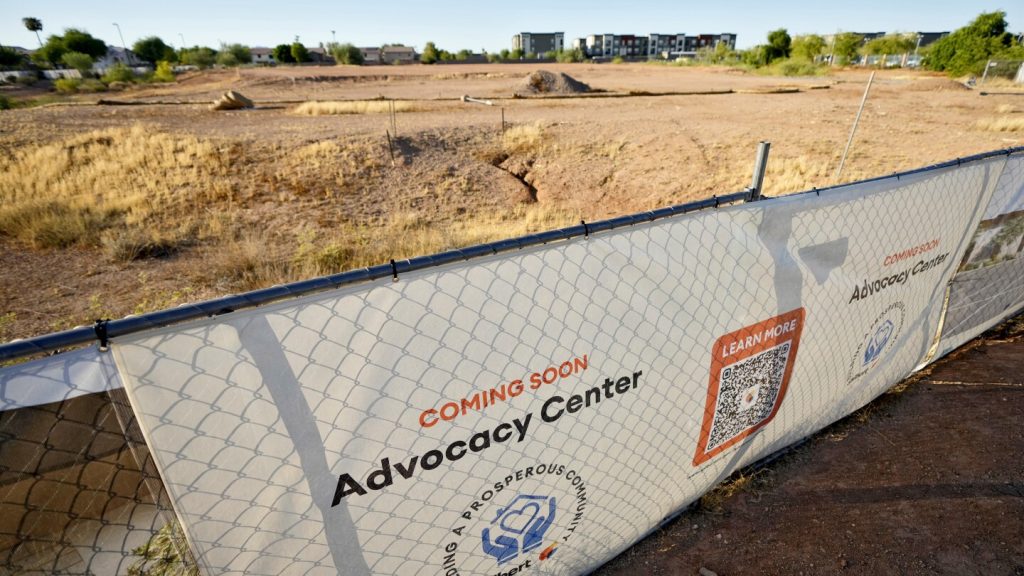Local governments across the U.S. are facing a deadline to use their share of $350 billion in COVID-19 relief funds. Gilbert, a Phoenix suburb, received $24 million but has only obligated a quarter of the funds for projects, with plans to spend the rest soon. However, not all governments are on track, with about one in five reporting less than half of their funds obligated as of this spring. Some, like Dearborn Heights in Michigan, are facing challenges in administering the federal aid due to timing and bureaucratic processes. The clock is ticking for these governments to obligate their funds by the end of the year or risk returning the money to the Treasury.
Despite criticism of the American Rescue Plan for potentially allowing unnecessary spending, some state and local officials argue that the funding has enabled them to undertake important projects they couldn’t afford otherwise. In Gilbert, officials are planning to use the funds for a crime victims center to provide crucial services to victims of sexual assault, child abuse, and domestic violence. While some governments are making progress, others, like Dearborn Heights, are still in the process of determining how to allocate the funds for projects like stormwater infrastructure improvements. With the deadline approaching, states like Missouri are making backup plans to reallocate funds to ensure they are utilized effectively.
The Treasury Department is providing extensive outreach to help communities understand their reporting requirements and obligations for the federal relief funds. Many governments are working to meet the requirements and ensure the funds are used for their intended purposes. In Missouri, lawmakers approved a revised spending plan reallocating funds to new projects after some initial projects fell through or appeared unlikely to be completed. Some lawmakers have expressed concerns about the federal aid contributing to debt and inflation, but others believe it is important to invest in communities and future workforce opportunities.
Connecticut and New Orleans are also taking steps to reallocate funds that may go unused to address budget shortfalls and support higher education. In New Orleans, officials are moving quickly to obligate the federal allotment, with 86% already allocated as of September. Projects that are moving slowly are being monitored for potential reallocations before the end of the year. Overall, local governments are working to ensure that the federal relief funds are used effectively to address the ongoing impacts of the COVID-19 pandemic.


